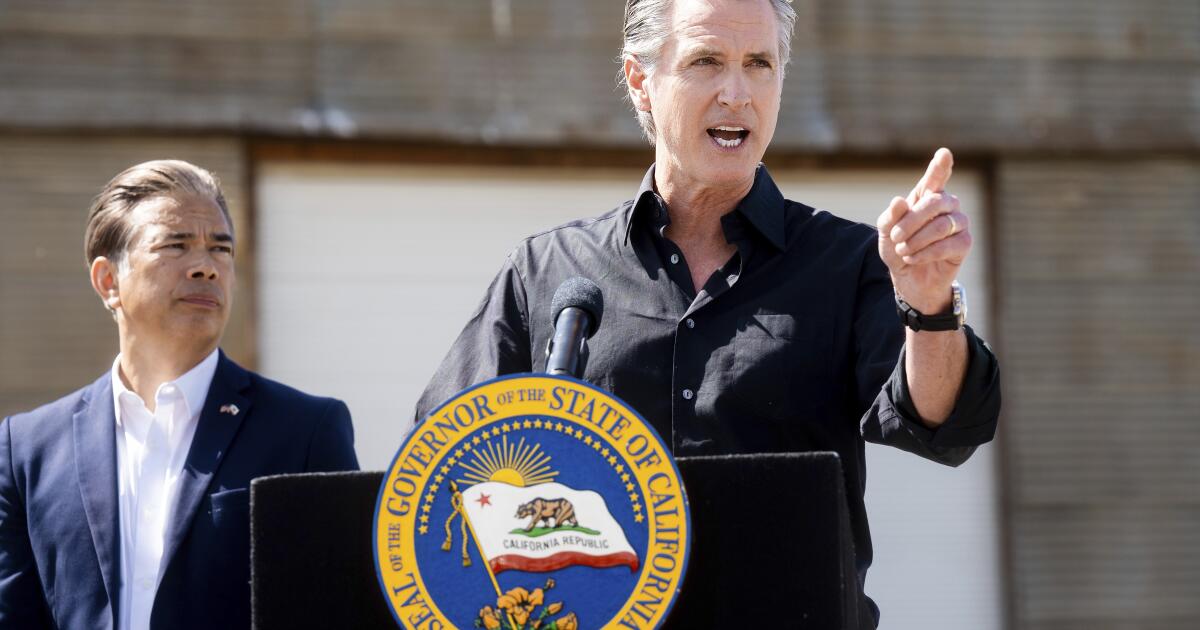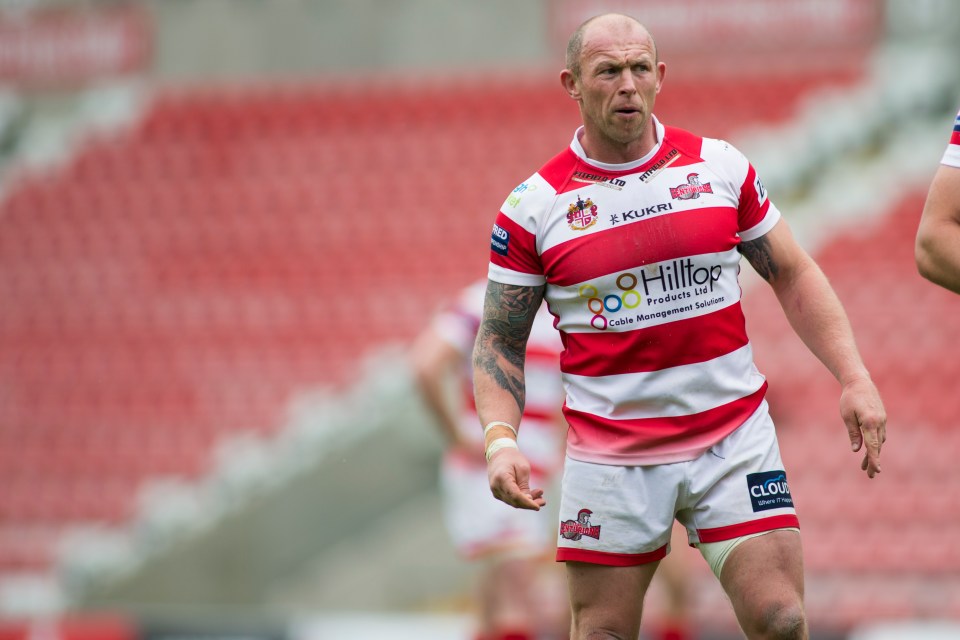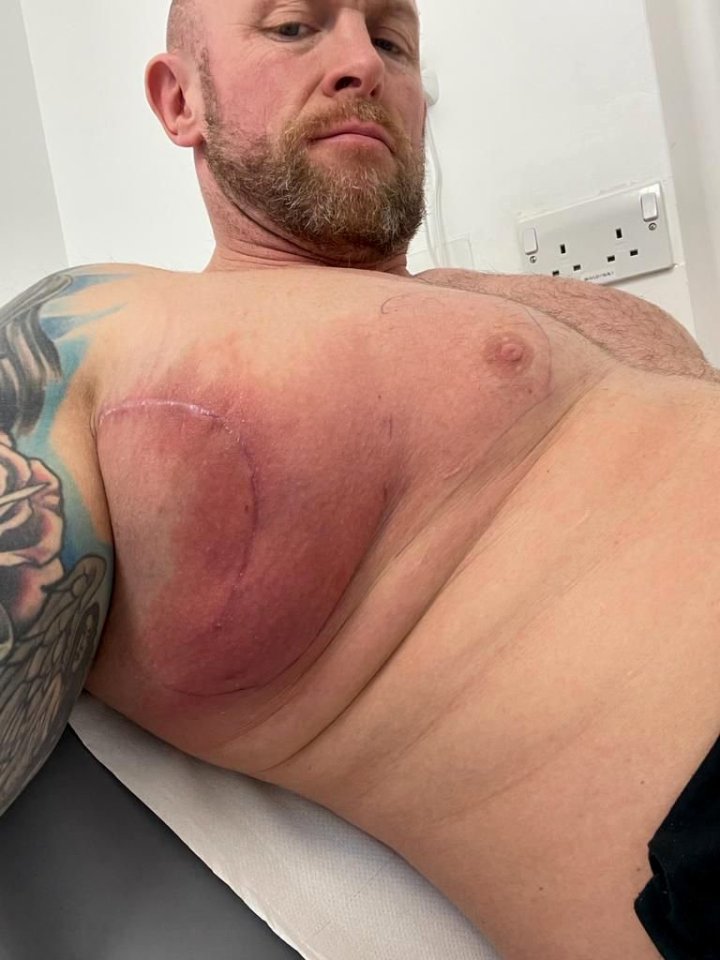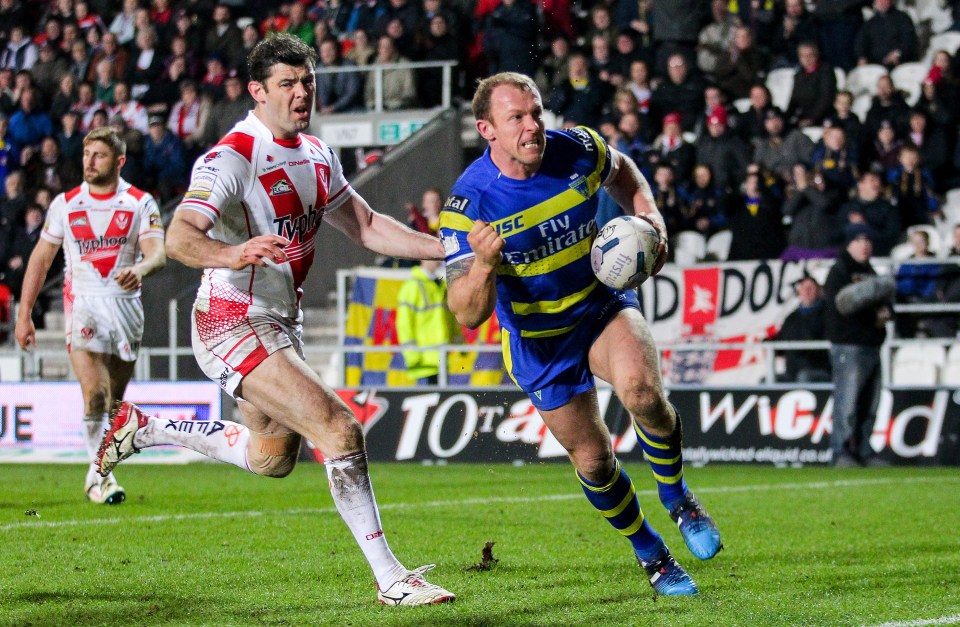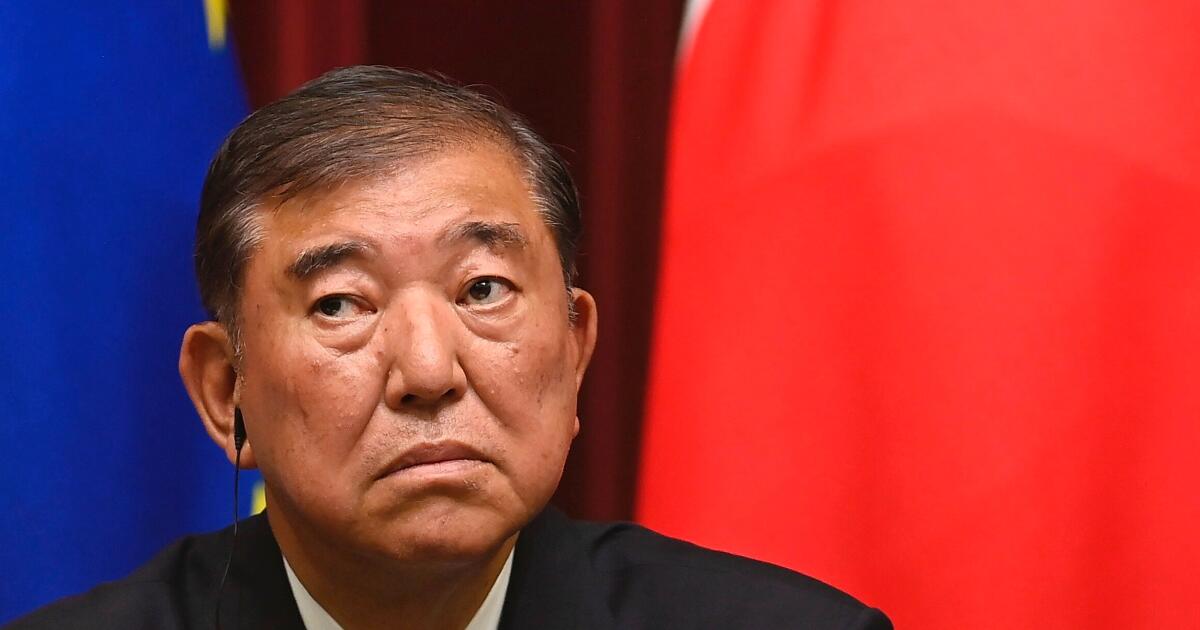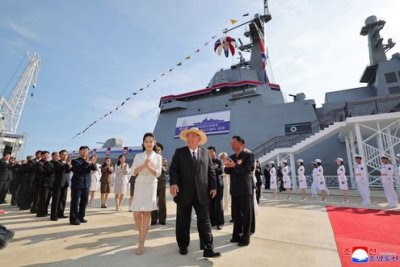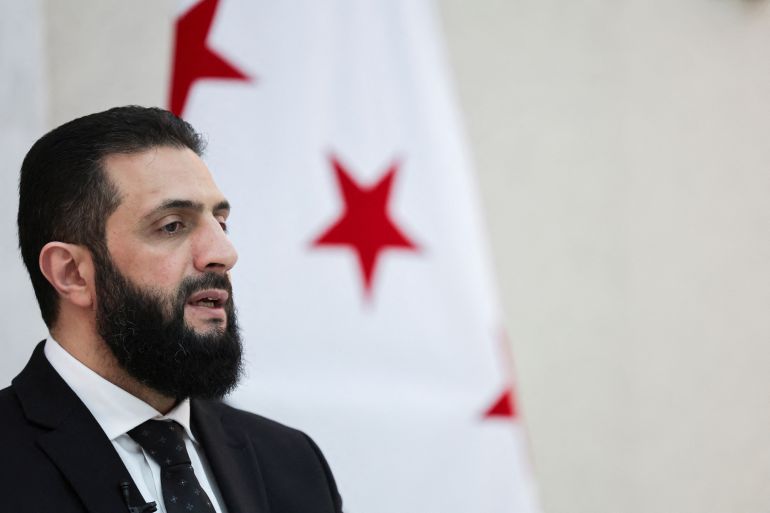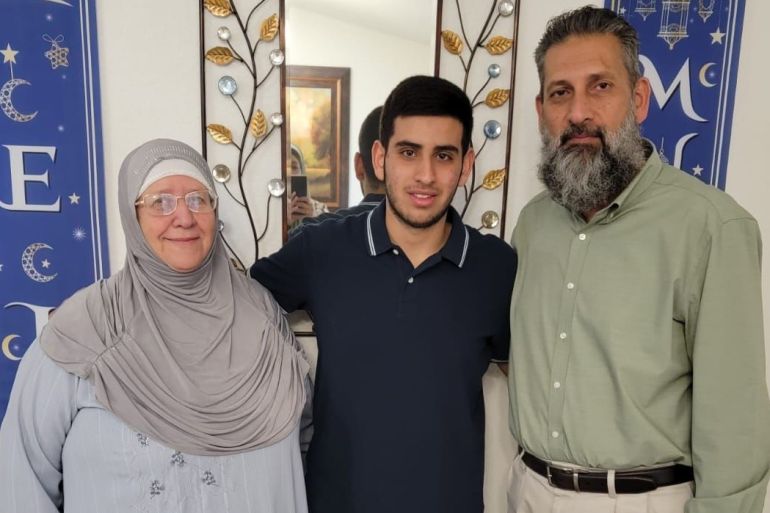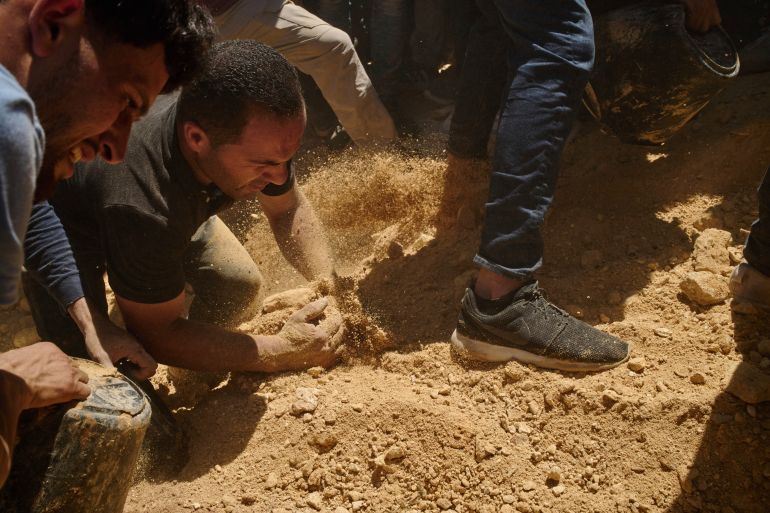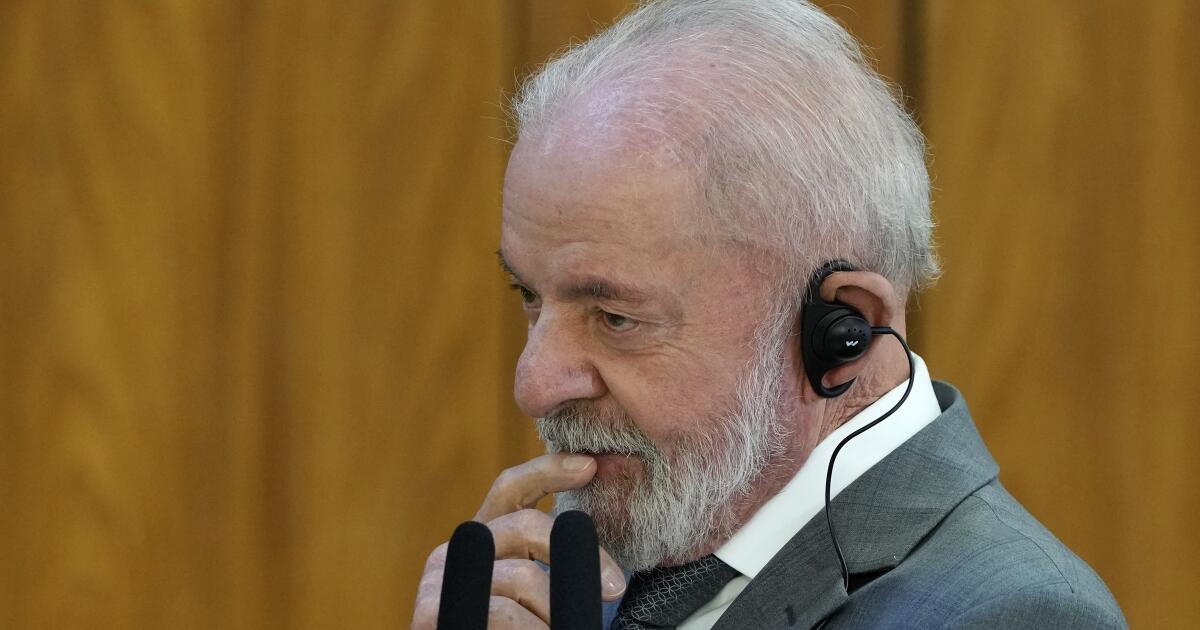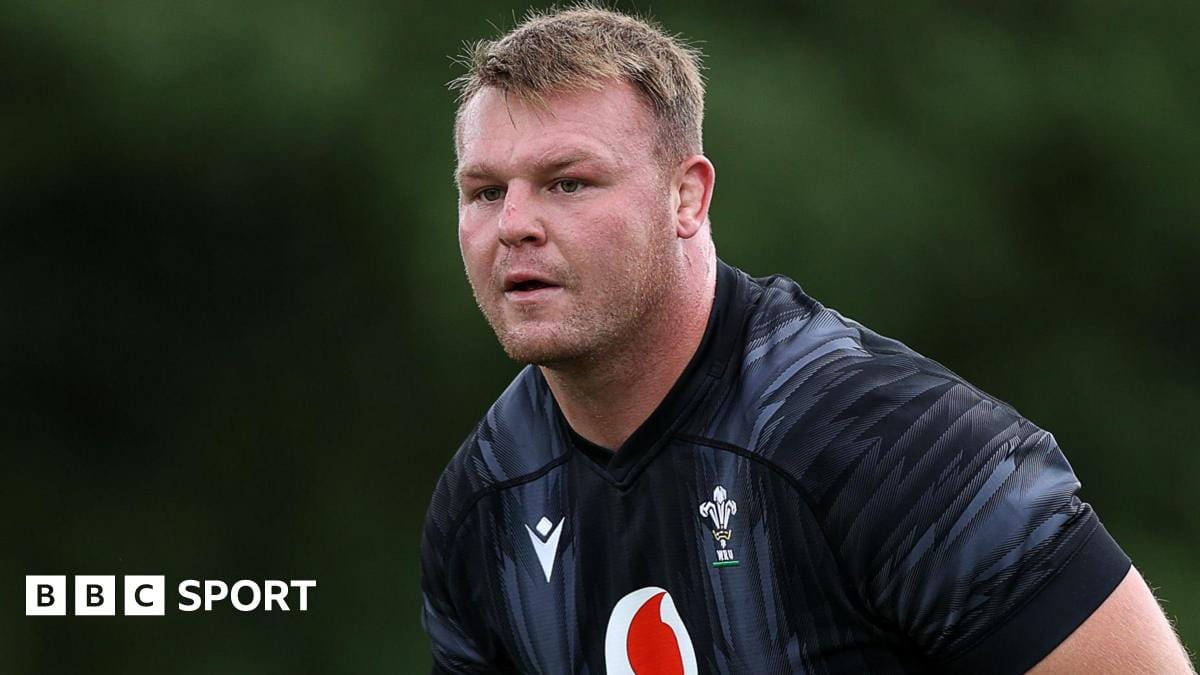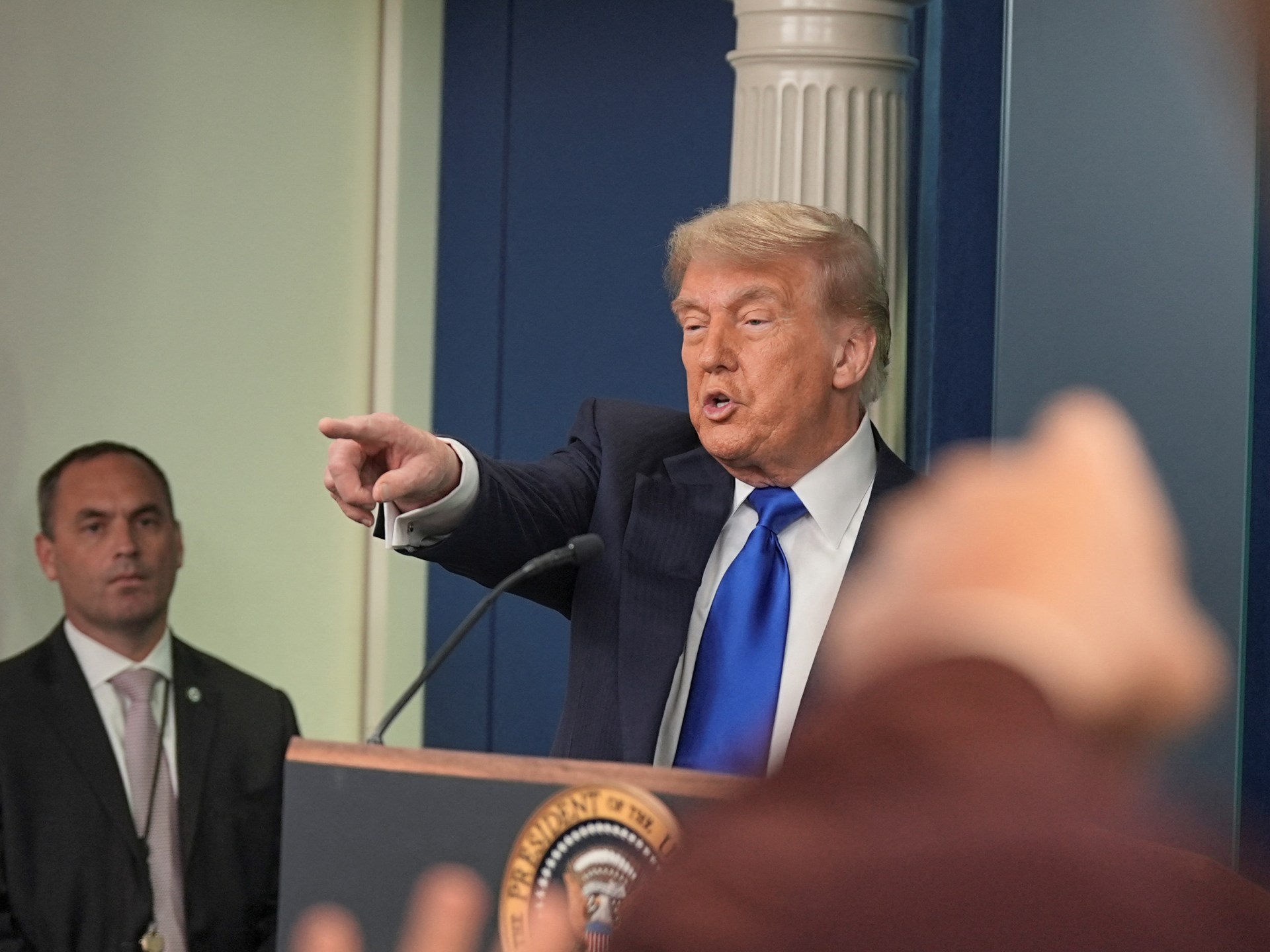Newsom vows Texas will be ‘neutered’ by California Will voters let him do it?
Gov. Gavin Newsom made a ballsy threat this week to Texas legislators who are trying to gerrymander voting maps in favor of Republicans.
“Whatever they are doing will be neutered here in the state of California, and they will pay that price,” Newsom said. “They’ve triggered this response. And we’re not going to roll over, and we’re going to fight fire with fire.”
The “we” in that sentence is you, California voters, who may soon be asked to fix the Texas menace via the ballot box. If Newsom has his way, voters in November would face some version of an if/then question: “If Texas cheats on their voting maps, then (and only then) should California cheat on ours?”
In these days of creeping authoritarianism, it’s a fair query, but also one rife with personal interests and risks large enough to remake American democracy, or even inadvertently crush it.
But such is the state of our union that even those determined to preserve it are ready to throw out its basic tenets — myself included, sort of — and cause a national kerfuffle by considering remaking voting maps to supposedly benefit, if not a party, democracy as a whole.
“This is something that we have just never seen before, right?” Mindy Romero told me Tuesday. She’s an assistant professor and the founder of the Center for Inclusive Democracy at USC’s Sol Price School of Public Policy.
Romero is against gerrymandering, but also agrees that we are in “unprecedented times,” a phrase that doesn’t seem to do justice to the daily trampling of democratic safeguards by our president.
Most of you are aware by now that the Texas Legislature, allegedly after pressure from President Trump, is contemplating redrawing its voting maps in the hopes of scooping up more seats for Republicans in Congress during the 2026 midterms — the very election that Democrats are praying will deliver them control of at least one chamber.
With the possibility that this Texas two-step could hand Trump an even more solidly compliant Congress, Newsom has come up with a plan to gerrymander our own maps. But to make it (hopefully) legal, he needs voters to go along with it because this ain’t Texas, and we don’t ignore rules. We bend them.
Whoever thought redistricting could be this exciting? But stay calm, redistricting nerds: It remains boring to the majority of voters, which is both the problem and the brilliance of the plan — you have to engage voters, but also not so much that they think too deeply.
The difference between Texas and California is our ballot initiative process, which would ultimately make voters responsible for any gerrymandering here. In Texas, it’s backroom stuff.
But will voters go for it? For many, it will come down to simple choices that miss the complexity of what is being asked: California vs. Texas, Newsom vs. Trump, democracy vs. authoritarianism.
Romero warns that once you smash a norm, even for a virtuous reason, it’s hard to get it back. She worries that despite Newsom’s claim that the rigged maps would disappear in 2030, the gerrymandering might remain.
California has one of the best systems in the country right now for nonpartisan redistricting, with an independent commission that draws lines without regard to party.
It was put in place because decades of gerrymandering left voters disenchanted.
In the 1980s, political icon Phillip Burton allegedly wrangled an infamous gerrymander that still shows just how bad things could be. He did it in part to protect the seat of his brother, John Burton ( a colorful fellow who served in both the state Legislature and Congress before becoming chair of the California Democratic Party) creating a district that wound around the Bay Area in a nonsensical fashion to scrape up the necessary votes.
“Oh, it’s gorgeous,” Phillip Burton described that questionable territory to the Washington Post at the time. “It curls in and out like a snake.”
That was just the way business was done before our redistricting commission was put in place in 2008, with a hefty push by then-Gov. Arnold Schwarzenegger, who remains a vocal critic of gerrymandering and who has vowed to fight Newsom’s plan.
But that nonpartisan system was hard won, and in reality, neither party really loved the idea.
“We’ve gone through this and in cooler times,” Romero pointed out. “The Democrats and the Republicans in California did not want independent redistricting. Let’s make that clear. But a lot of people came together and worked towards this.”
So while any upcoming ballot measure will likely focus on the righteousness of fighting fire with fire, it’s also true that the Democratic party and some Democratic politicians would hope to reap personal gain from such a vote.
As much as this might be about saving democracy, politics is always about personal and party gain. Some California state legislators would surely desire to win a newly drawn seat in Congress. And, of course, there are Newsom’s political ambitions.
“It’s really difficult to disentangle people that may be sincerely scared for our democracy” from those “that may be jumping on this, seeing it as a political opportunity. And I think we have to be really honest about that,” Romero said.
That’s the choice that voters will ultimately be asked to make.
But we also can’t ignore the precarious nature of the times, and the reality that our checks and balances are disintegrating. Do we save election integrity and maybe risk democracy, or try to save democracy and risk election integrity?
Two paths lead into the dark. Do voters follow Newsom or Trump?
